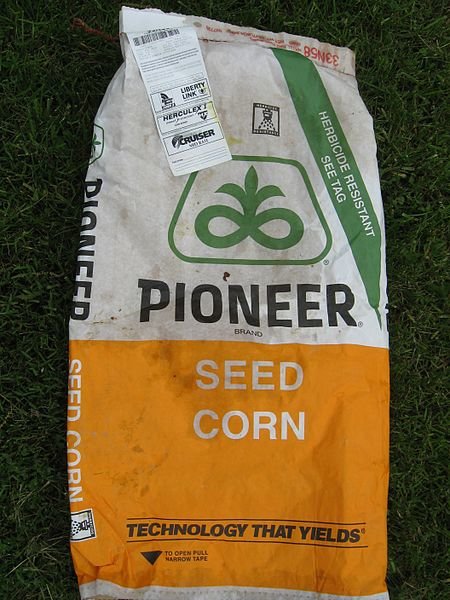“GMO” has been poised on the lips of policymakers for the past year, as furious debates question the effects that this innovation could have on people and the environment. The acronym stands for “genetically modified organisms.” These life forms are generated through gene splicing, which essentially combines the highly individualized DNA of distinct species to create a new organism. On a broad scale, this can be applied to anything from microbes to mammals, but it has been prevalent in current dialogue in relation to what we ingest. Humans have been eating genetically modified goods for decades – yet as we begin to learn the grave effects associated with it, many communities are pushing to prevent GMOs from inundating the global food market.

Many companies encourage the application of GMOs to make produce resistant to bacteria, or to enable them to create insecticides. Some corporations claim that GMOs also have the ability to solve issues created by climate change and increase nutritious value, though most of these claims are unsubstantiated.
Recent research suggests the genetically modified food could prove to have heightened allergenic and toxic effects. What’s more, such crops often prove to be a nightmare for farmers, who have to grapple with “superweeds” that are resistant to herbicides. Many GMOs also have a negative impact on soil quality and dramatically reduce biodiversity. There’s also an element of the unknown – we aren’t completely sure how these crops will affect human health. It’s a waiting game, and it’s one that many people are not willing to participate in.
 Recently, a farmer filed a lawsuit against seed provider Monsanto after genetically modified wheat seeds were discovered in a field in Oregon. Monsanto had developed a strain of the crop to be resistant to Roundup and other pesticides, though growers were largely against the seeds, which had not undergone all of the government’s regulatory procedures. Farmers were understandably bemused when the strain of wheat wound up in their fields nearly eight years after they had rejected it from the massive biotech company.
Recently, a farmer filed a lawsuit against seed provider Monsanto after genetically modified wheat seeds were discovered in a field in Oregon. Monsanto had developed a strain of the crop to be resistant to Roundup and other pesticides, though growers were largely against the seeds, which had not undergone all of the government’s regulatory procedures. Farmers were understandably bemused when the strain of wheat wound up in their fields nearly eight years after they had rejected it from the massive biotech company.
Genetically modified food floods our markets due to lax policy – and equally remiss labeling laws mean that you could be eating such a product without even being aware of it. Connecticut is the first state in the USA to pass GM Food Labeling Laws. Such bills have been fiercely combated by companies like Monsanto, who invested millions of dollars towards efforts to prevent California from allowing a labeling law to pass last year.
If you’re interested in keeping GMOs out of your kitchen take a look at the “Verified Products” page supported by the Non-GMO Project. The list covers everything from chocolates to pet foods to vitamin supplements; it’s a valuable resource for anyone who wants to be fully educated about what they’re ingesting. Armed with this resource, you can decide what is best for your family – and your family’s future.
